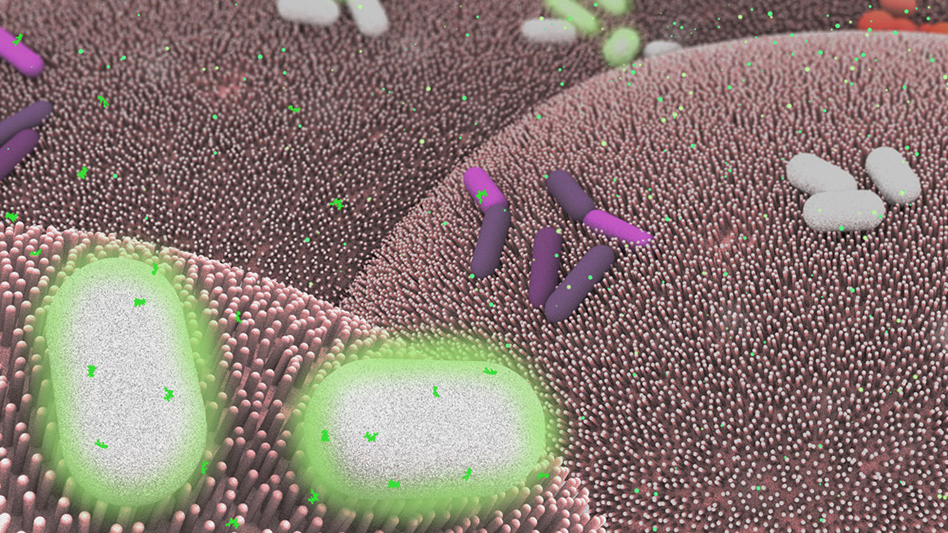Scientists are turning your gut cells into computers
Step aside, quantum computing

A team of biological engineers at the Massachusetts Institute of Technology are turning the cells in our guts into computers. It's hoped that this could one day allow us to program those cells to detect and treat diseases.
They've published the details of a series of sensors, memory switches and circuits that can be encoded into the human gut bacterium Bacteroides thetaiotaomicron. These components would allow the bacteria to sense, remember and respond to signals it detects.
Genetic circuits have been built in the past, most notably out of E. coli, but this is the first time circuitry has been possible in a bacterium that can stick about in our gut for a while. "We wanted to work with strains like B. thetaiotaomicron that are present in many people in abundant levels, and can stably colonize the gut for long periods of time," said Timothy Lu, who led the research.
Gut feeling
The genetic parts that Lu's team created include four sensors, which respond to signals like specific sugars - allowing the bacteria to be controlled by the food you eat. On receiving a signal, they can switch genes on and off. During tests in mice, the bacteria were able to remember what the mice ate.
The next step is to build these tools in more species of Bacteroides. Different people have different microbes, meaning that flexibility is needed for this to work across a wide population.
Eventually, it's hoped that the resulting gut computers could help the early detection and treatment of disorders like inflammatory bowel disease and colon cancer.
Sign up for breaking news, reviews, opinion, top tech deals, and more.
